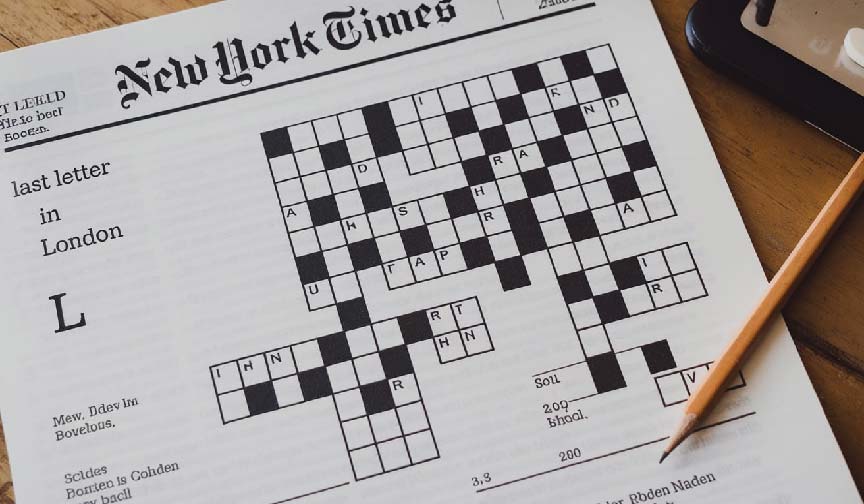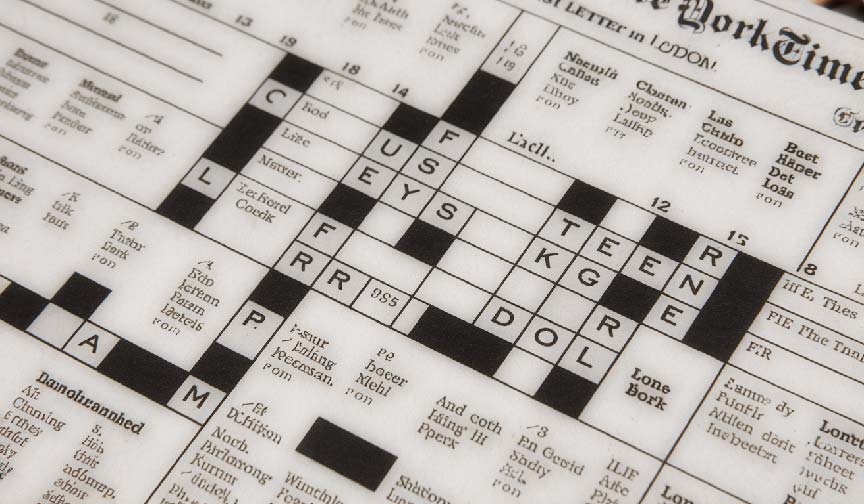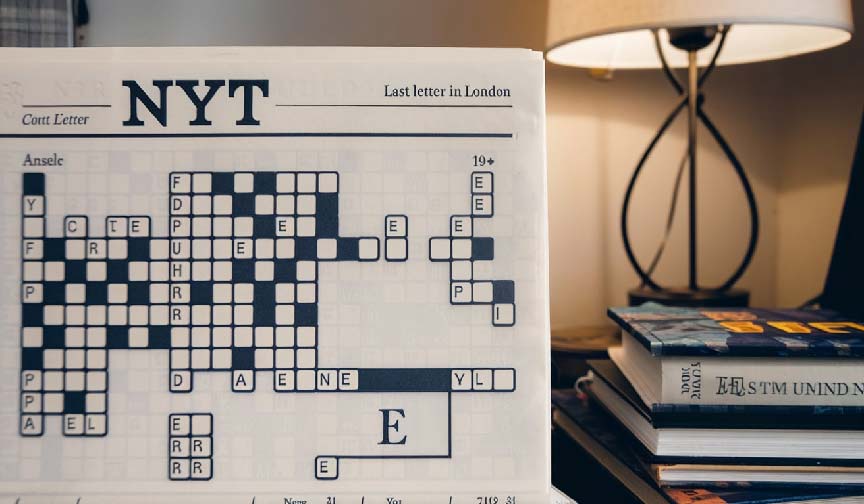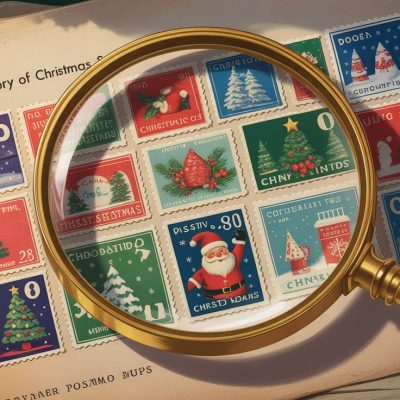Introduction
Have you ever been stumped by a crossword clue that seemed deceptively simple? One such clue that often puzzles enthusiasts is the “Last Letter in London NYT” featured in The New York Times crosswords. At first glance, it might appear straightforward, but there’s a twist that hinges on the nuances of British and American English. Let’s delve into this clue and uncover its meaning.
The Crossword Clue: “Last Letter in London”
Crossword puzzles are designed to challenge our minds, often requiring solvers to think outside the box. The clue “last letter in London” is a prime example. While one might instinctively think of the letter ‘Z’, the answer is actually “ZED”.
Why “ZED”?
In American English, the 26th letter of the alphabet is pronounced “zee.” However, in British English, it’s pronounced “zed.” Since London is a city in the United Kingdom, the clue references the British pronunciation. Therefore, the “last letter in London” translates to “ZED.”
The Importance of Pronunciation in Crossword Clues
Crossword constructors often play with language nuances to craft challenging clues. Pronunciation differences between American and British English provide a rich source of such nuances. In this instance, understanding the British pronunciation is key to solving the clue.
Other Examples of Pronunciation-Based Clues

- “British lift”: In the UK, an elevator is called a “lift.”
- “Flat in London”: Refers to an apartment in British terminology.
These examples highlight how regional language differences can be pivotal in crossword puzzles.
The Role of Cultural Awareness in Crossword Solving
Solving crosswords isn’t just about vocabulary; it’s also about cultural knowledge. Familiarity with British terms and pronunciations can be incredibly helpful, especially with publications like The New York Times that incorporate a global perspective.
Tips for Enhancing Cultural Knowledge
- Read International Literature: Engage with books and articles from different English-speaking countries.
- Watch British Television and Films: This can attune your ear to British pronunciations and slang.
- Participate in Diverse Crossword Puzzles: Try puzzles from various publications to expose yourself to different clue styles and references.
The Evolution of Language in Crosswords

Language is dynamic, and crossword puzzles reflect this evolution. As American and British English continue to influence each other, crossword clues adapt, offering solvers fresh challenges that mirror these linguistic shifts.
The Impact of Globalization
Global communication has led to a blending of English dialects. Words and pronunciations once unique to British or American English are now crossing borders, enriching the language and, by extension, the puzzles that play with it.
FAQs

Q1: Why does The New York Times include British English clues?
A1: The New York Times crossword aims to challenge solvers with a wide range of references, including international terms, to reflect the global nature of the English language.
Q2: Are there other letters with different British pronunciations?
A2: Yes, for example, the letter ‘H’ is pronounced “haitch” in some British dialects, though “aitch” is also common.
Q3: How can I improve my ability to solve such clues?
A3: Familiarizing yourself with British English through media, literature, and puzzles can enhance your understanding and ability to solve these clues.
Q4: Do British crosswords include American English clues?
A4: Occasionally, British crosswords may reference American terms, especially in publications with an international audience.
Q5: Is “zed” used in any other contexts?
A5: Beyond representing the letter ‘Z’ in British English, “zed” can also refer to the axis in three-dimensional graphs in mathematics and physics.
Conclusion
The “Last Letter in London NYT” clue serves as a reminder of the rich linguistic tapestry that crossword puzzles draw upon. By embracing these nuances and expanding our cultural awareness, we not only become better solvers but also gain a deeper appreciation for the diversity of the English language.
MORE VISIT, Rankmagzine










